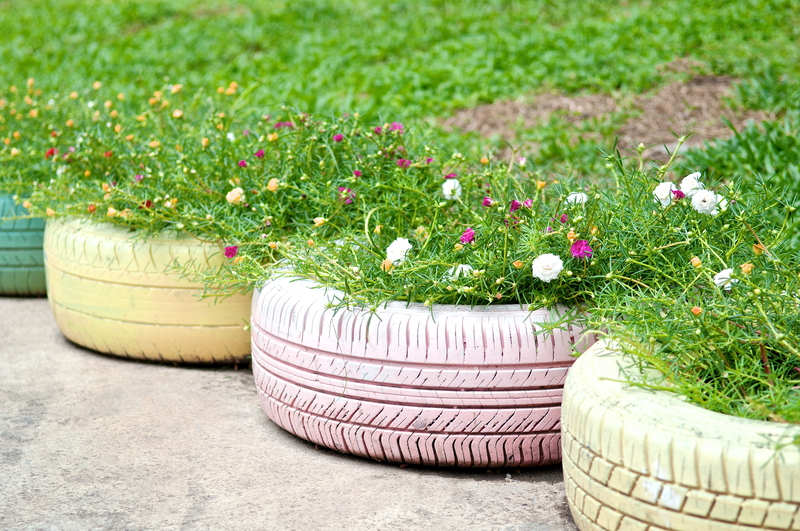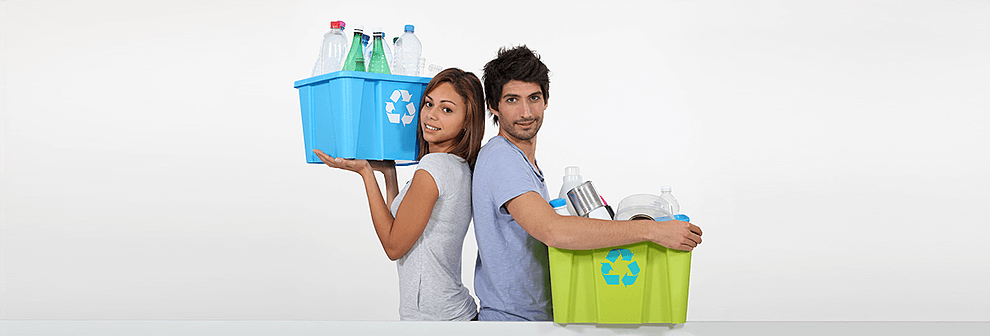Rubbish Removal Process in the UK
Posted on 21/01/2025
Proper rubbish removal is critical for maintaining cleanliness and sustainability within the environment. In the UK, there are established protocols for disposing of household and commercial waste efficiently. This article will explore the various steps in the rubbish removal process in the UK, including the types of waste management services available, the importance of recycling, and key tips to help you better manage your waste.
Understanding Rubbish Categories
Rubbish in the UK is categorized primarily into household waste, commercial waste, and hazardous waste. Each category follows a distinct disposal process to ensure safety and environmental protection.
- Household Waste: This includes day-to-day rubbish like food scraps, packaging, and old furniture. Collection services are typically provided by local councils.
- Commercial Waste: Generated by businesses, this type of waste often includes paper, plastics, and electronic items. Professional waste management companies handle commercial waste.
- Hazardous Waste: Requires special handling and disposal techniques due to risks to health or the environment, such as chemicals and medical waste.

The Rubbish Removal Process
The process of rubbish removal in the UK generally involves the following steps:
1. Segregation
The first step is segregating the waste at its source. Households and businesses are encouraged to separate recyclables, non-recyclables, and hazardous materials to facilitate easier processing.
2. Collection
Local councils are responsible for the collection of household waste. They provide scheduled services for general waste, recycling, and organic waste. Commercial waste is collected by private waste management companies, which often offer customizable plans for businesses.
3. Transportation
After collection, waste is transported to treatment facilities. Different types of waste are taken to appropriate facilities; recyclables go to recycling plants, organic waste to compost centers, and non-recyclables to landfills or incineration plants.
Recycling and Waste Treatment
Recycling forms a significant part of the waste management strategy in the UK. The most common materials recycled include paper, plastics, metal, and glass. Here's a brief overview of what happens at recycling plants:
- Sorting: Recyclables are sorted into different categories.
- Cleaning: Materials are cleaned to remove any contaminants.
- Shredding and Melting: Recyclables are shredded or melted and processed into new products.
Non-recyclable waste often ends up in landfills, while some are incinerated to generate energy.
Highly Effective Tips for Waste Management
- Reduce: Reduce waste production by opting for reusable products and buying in bulk.
- Reuse: Reuse items whenever possible to minimize waste.
- Recycle: Always segregate waste and follow local council guidelines for recycling.
- Proper Disposal: Dispose of hazardous waste through appropriate channels to avoid environmental harm.
Pros and Cons of Rubbish Removal Services
Pros
- Environmental Protection: Proper waste disposal helps in reducing pollution and conserving natural resources.
- Convenience: Scheduled waste collections make waste management effortless for households and businesses.
- Energy Generation: Incineration of waste helps in generating energy, reducing dependency on fossil fuels.
Cons
- Cost: Professional rubbish removal services, especially for commercial waste, can be expensive.
- Non-uniform Services: Service quality can vary depending on the provider and region.
- Limited Recycling Rates: Not all collected waste is recyclable, leading to more waste in landfills.

Key Takeaways
- Understanding waste categories and proper segregation at the source is essential.
- Local councils manage household waste, while businesses typically use private waste management companies.
- Recycling is a significant part of the UK's waste management strategy.
- Employ strategies like reducing, reusing, and recycling to manage waste effectively.
Conclusion
The rubbish removal process in the UK is systematic and aims to protect both the environment and public health. By understanding the different stages of waste management and following best practices for waste disposal, individuals and businesses can contribute to a cleaner, more sustainable environment. Proper waste management is not just the responsibility of local councils and waste management companies; every resident and business owner has a role to play in making the system work efficiently.
For any further questions or services regarding rubbish removal, it is advisable to consult your local council or hire a reputed rubbish removal service provider.
Latest Posts
UK's Environmental Issues: Waste Dumping
Effortless Household Recycling Ideas






